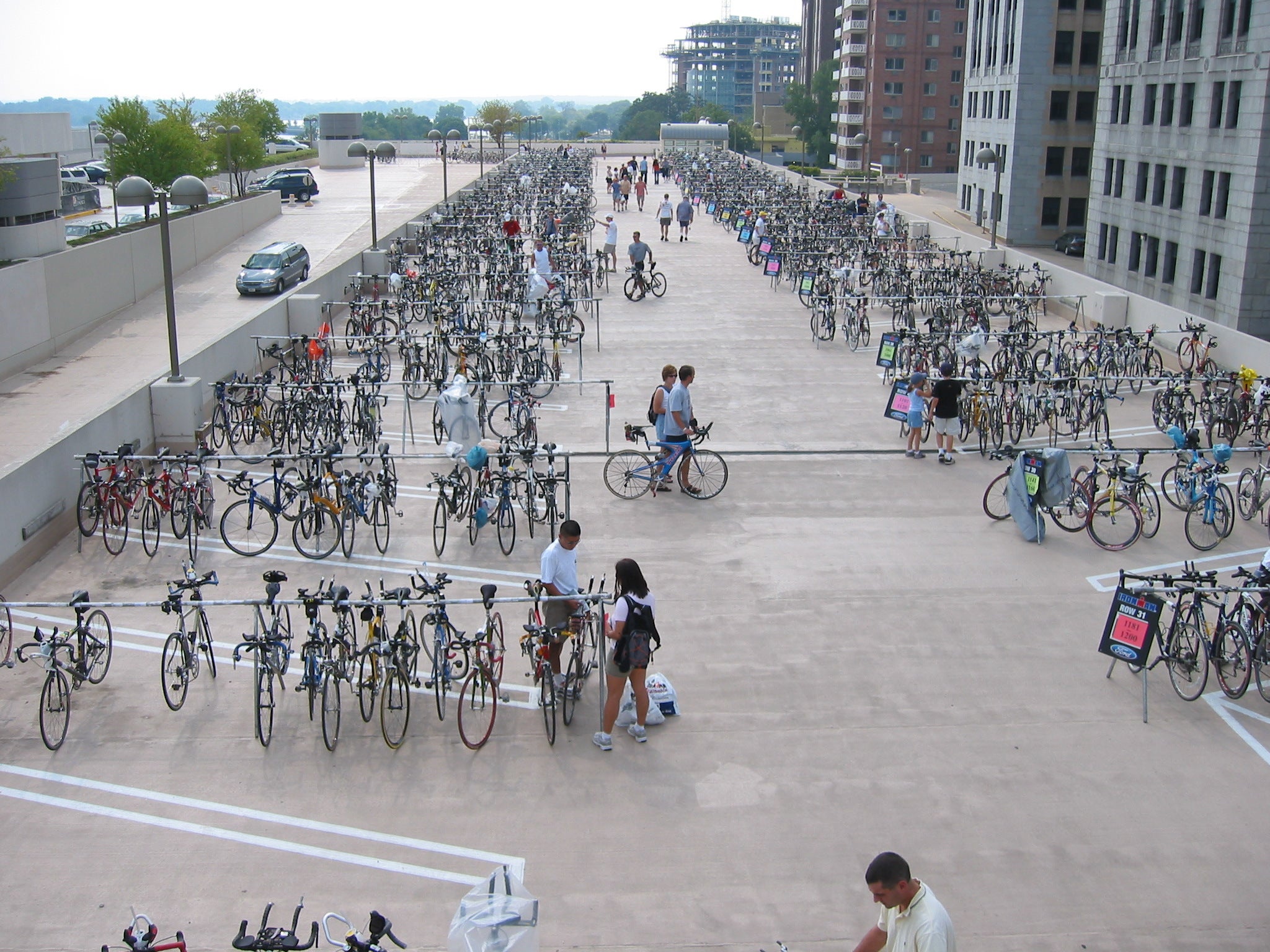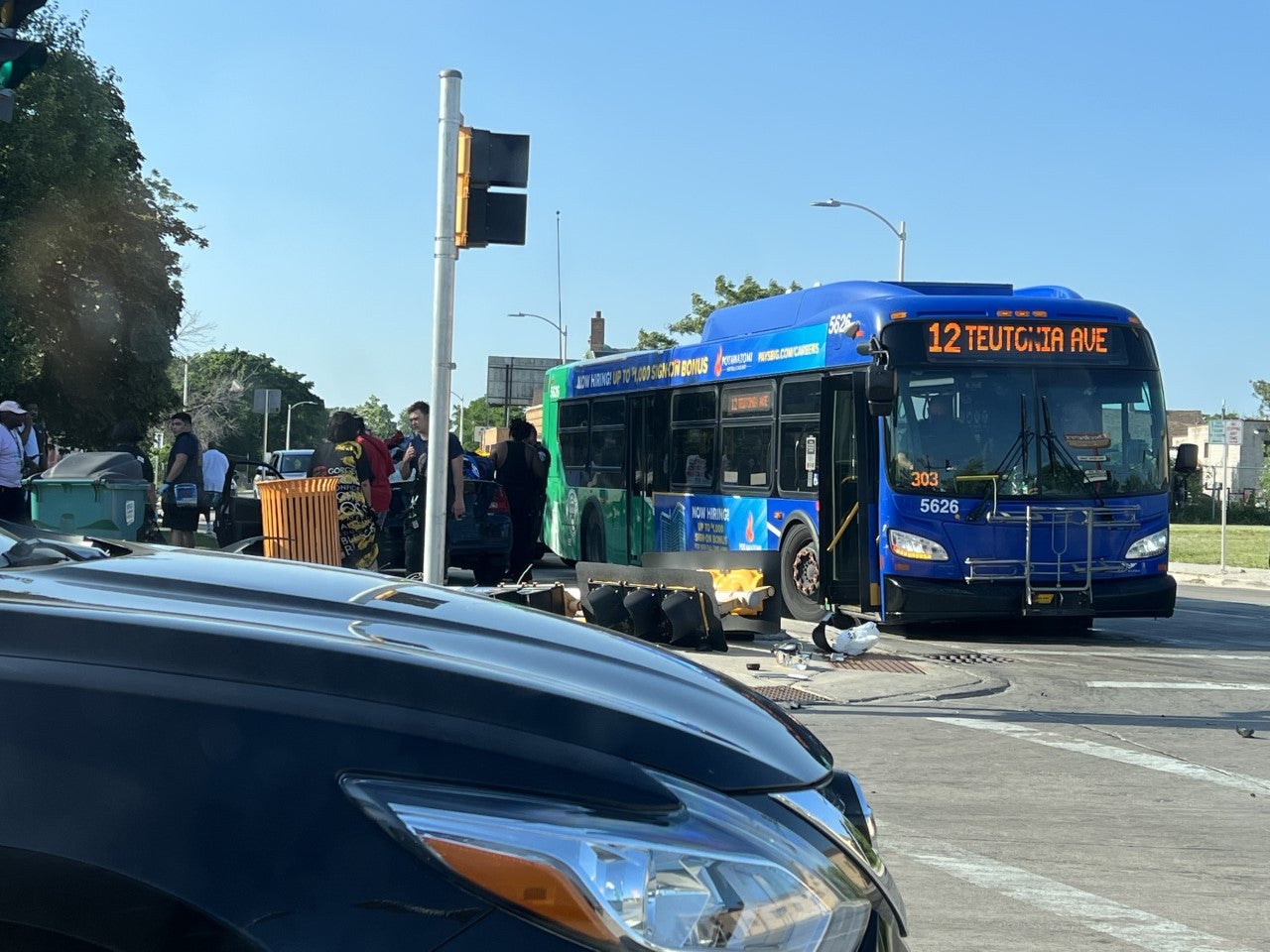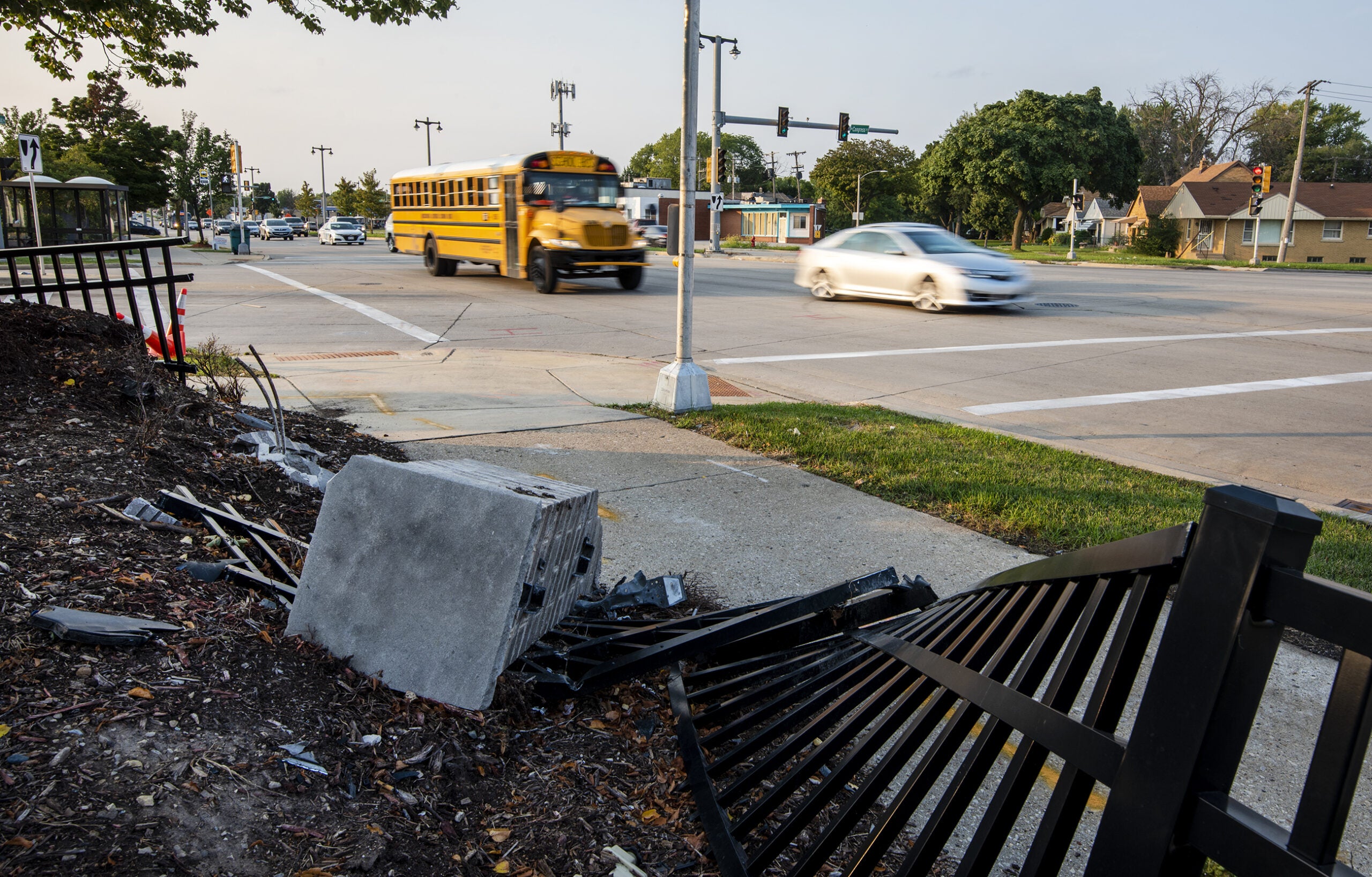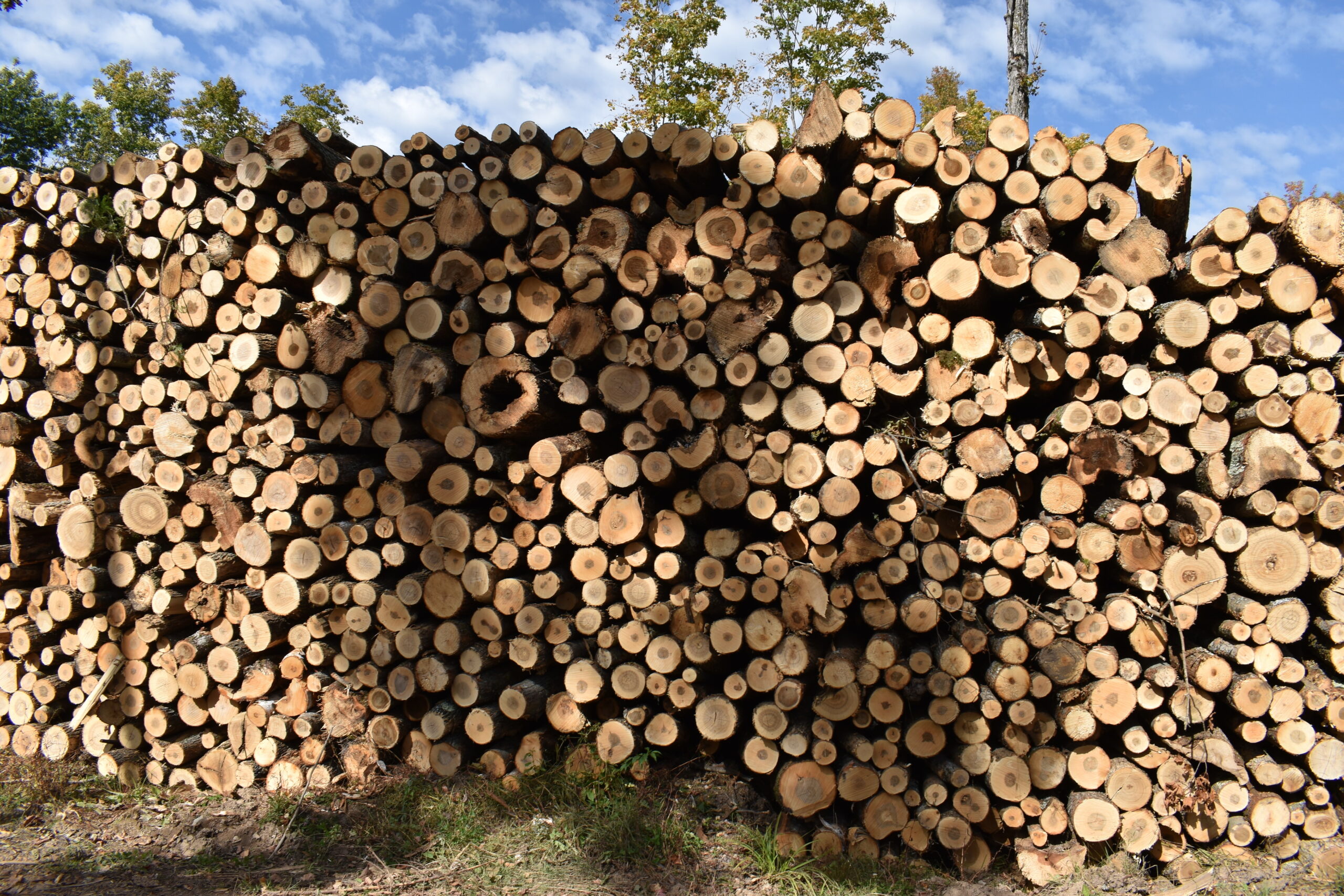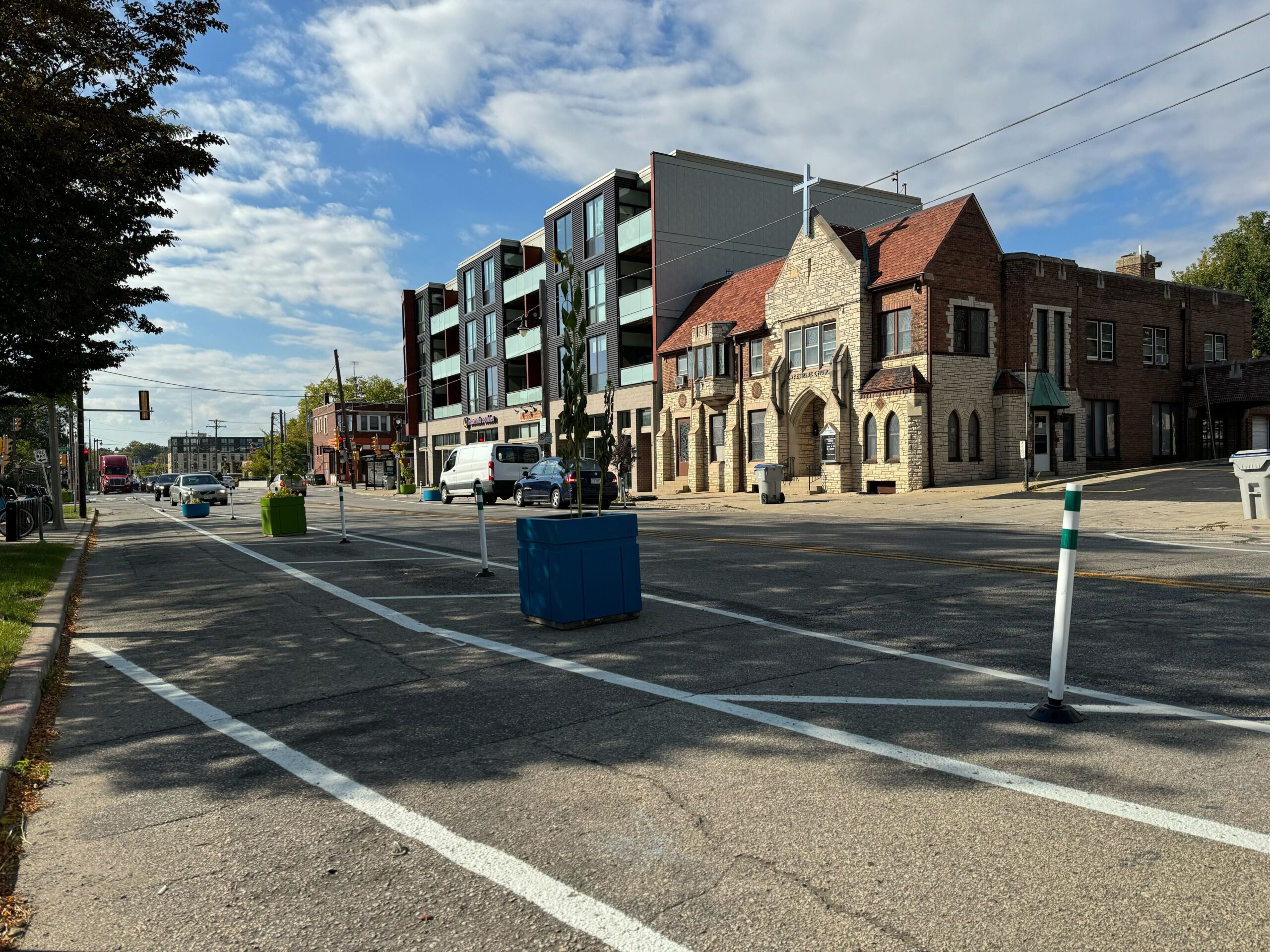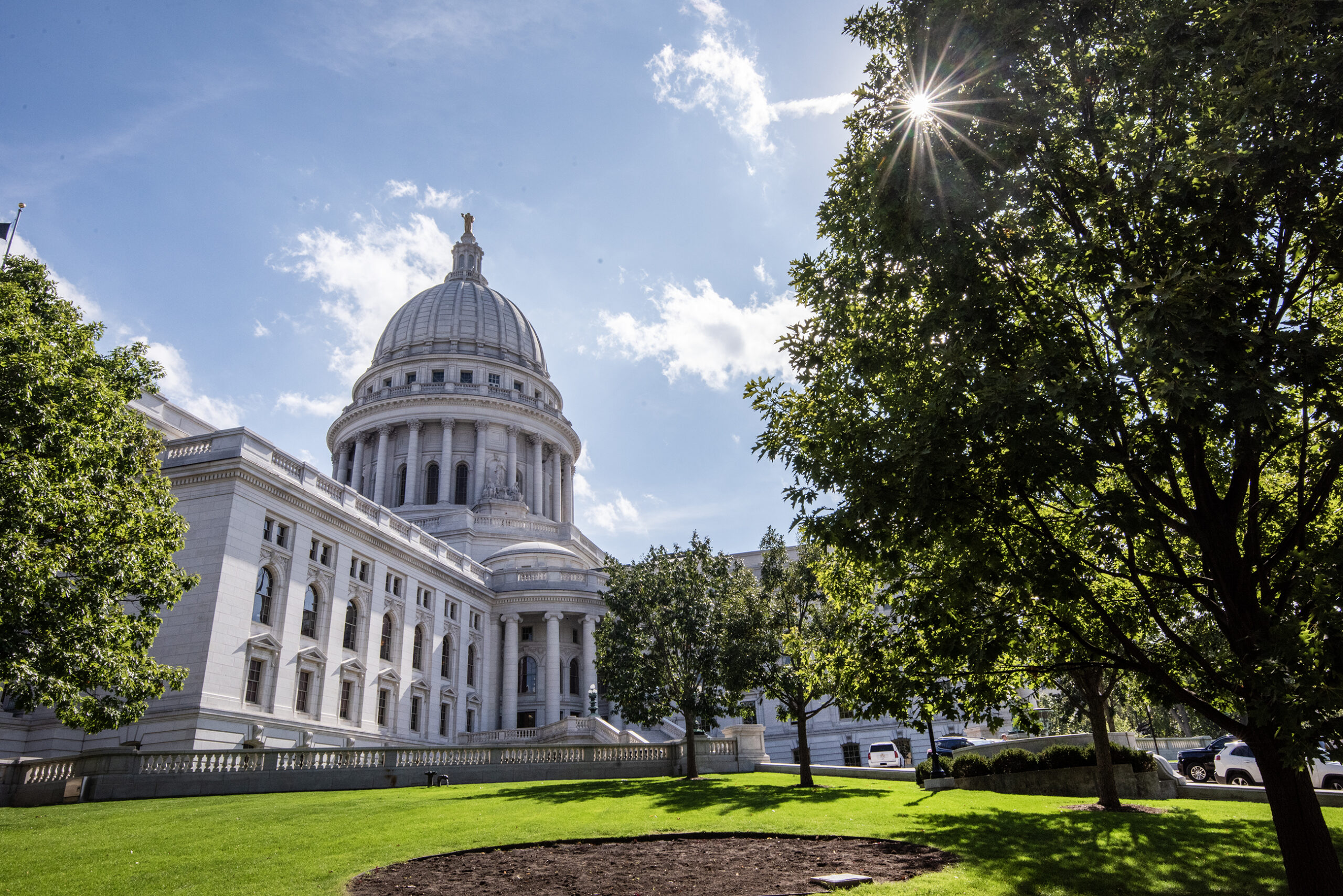Officials with a Wisconsin advocacy group who are pushing for more alternative transportation options say they believe their ideas will not only be positive for economic growth, but could stem the state’s so-called “brain drain.”
For the last decade, more college students have left Wisconsin than stayed. WISPIRG officials said one possible reason for this is that young people want to work and live where they can rely less on cars.
WISPIRG officials said they asked 530 college students about how transportation fits into their plans for a career. Executive director Bruce Speight said 47 percent said it was “very important” to live in a place after graduation where they could get around without using a car.
Stay informed on the latest news
Sign up for WPR’s email newsletter.
“Our state transportation budget is out of touch with the way young people are getting around and the transportation future that they seek,” said Speight
Jeff Sachse, a state labor economist with the Wisconsin Department of Workforce Development, said salaries and skills are driving forces behind where graduates locate.
“They’re going to first go where their best opportunity is,” Sachse said.
Jim Morgan, president of Wisconsin Manufacturers and Commerce Foundation, said he agrees with that idea.
“I’ve never heard someone say, ‘Gee, I want to find a place where I can bike to work.’ I think there’s a lot of people who enjoy biking and would like that to be their mode of transportation, but I don’t see someone turning down their dream job,” Morgan said.
Speight said if Wisconsin wants to recruit and retain young talent, it needs to provide lifestyle options they want.
“Collect more data on the transportation preferences of young people and revisit past traffic growth projections for proposed highway expansion projects,” he said.
While Wisconsin’s overall population is on the rise, most of the growth is people who might not be working — those 65 years and older. The state has seen a decline in those between the ages of 21 and 29.
Wisconsin Public Radio, © Copyright 2024, Board of Regents of the University of Wisconsin System and Wisconsin Educational Communications Board.

